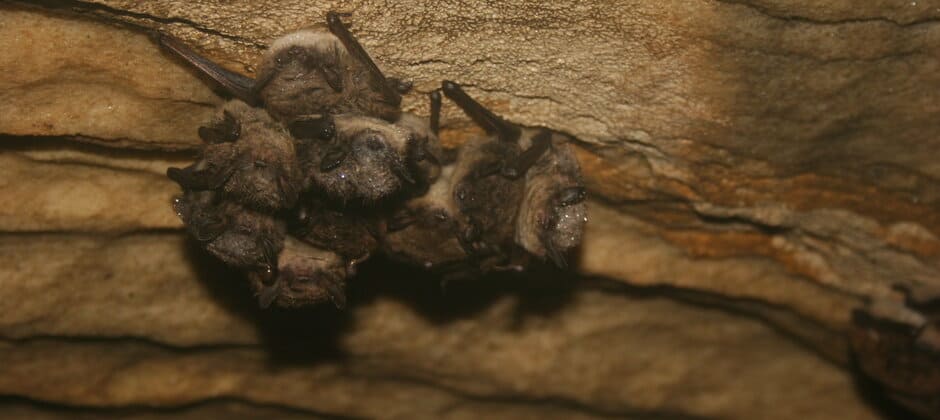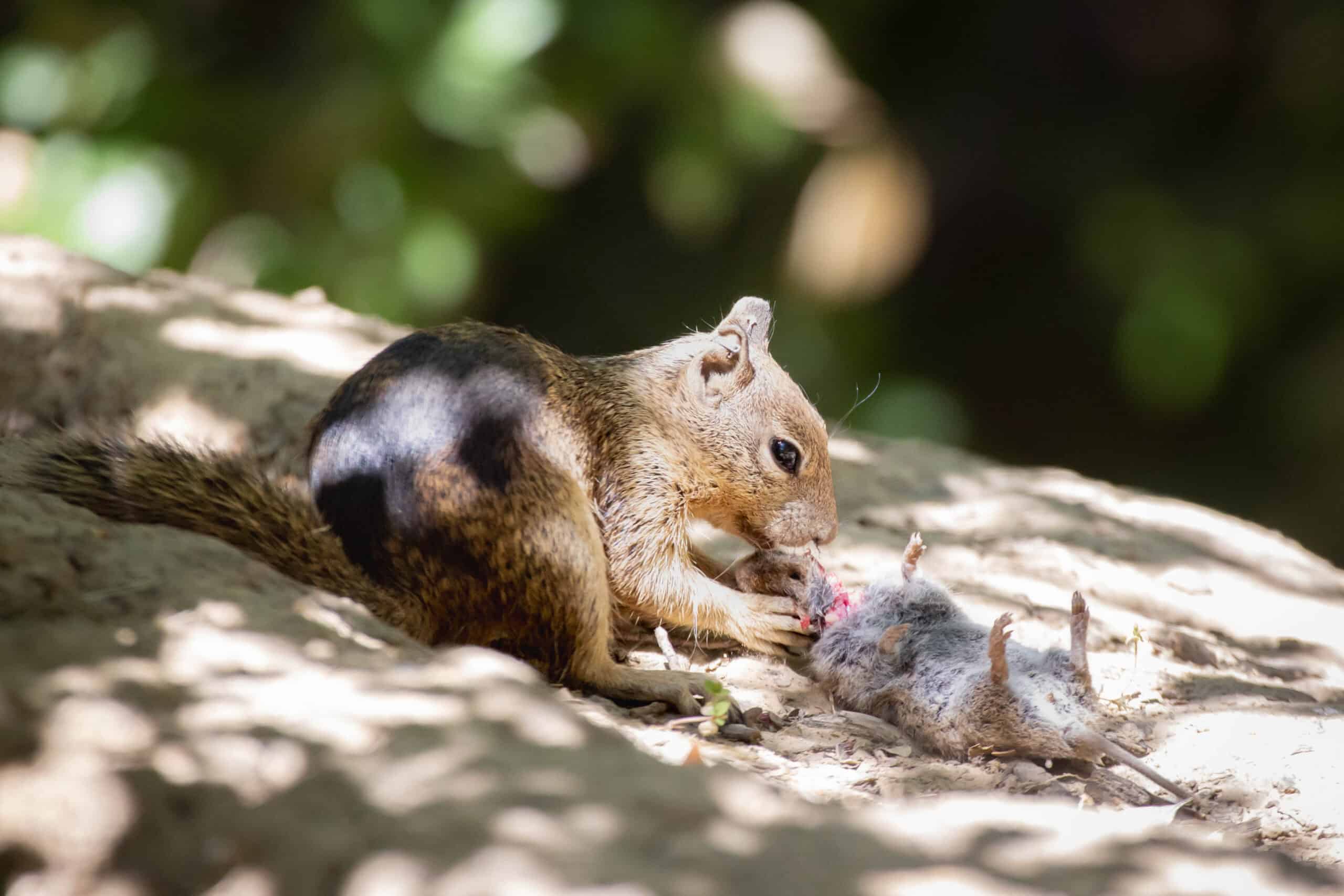Share this article
WSB: Little brown bats at low risk of catching coronavirus
Increasing rates of vaccination among wildlife managers and mask use has likely reduced the risk of transmission of coronavirus from humans to the bats they work with.
Bats can carry a number of coronaviruses, and horseshoe bats in eastern Asia may have been one of the original species that carried SARS-CoV-2, the disease that causes COVID-19 in humans. Some researchers believe the virus passed through another wildlife species, then to bats before it jumped to humans.
Researchers were concerned that bats in North America might be able to contract SARS-CoV-2 from researchers carrying the virus. In 2021, they created a risk assessment for the transmission of the virus from humans to the bats they work with. In a study published recently in the Wildlife Society Bulletin, they applied these risks specifically to little brown bats (Myotis lucifugus), which hadn’t been examined in the previous paper.
Jonathan Cook, a TWS member and research ecologist with the U.S. Geological Survey, and his colleagues, first updated the models used in the 2021 study. Those original models evaluated the risk to bats from three types of management work: research surveys in hibernacula or at roosts; wildlife control activities; and rehabilitation facilities.
These activities lead to different types of interactions with bats, each with varying types of risks.
The previous study found that the risk of transmission from human to bat was already low. But when researchers updated the models with information about the efficacy of the Pfizer COVID-19 vaccine in humans, and with more recent information about the efficacy of N95 face masks, they estimated that less than two out of 1,000 bats might be infected by wildlife workers.
The researchers also looked at information from clinical trials to determine if some bat species can contract the disease in the first place. While none have been done yet for little brown bats, studies have shown that big brown bats (Eptesicus fuscus) aren’t susceptible to SARS-CoV-2 while Egyptian bats (Rousettus aegyptiacus) found in parts of the Middle East and Africa are susceptible, Cook said.
In fact, Cook noted that no wild bats in North America have been detected carrying SARS-CoV-2 despite robust monitoring. “There’s a lot of people looking for it, that’s for sure,” he said.
Researchers continue to monitor bat species and SARS-CoV-2 around the world. Recent research in the United Kingdom shows that while previously, wildlife managers who contracted COVID-19 did not release the bats they’d been working with at the time, it’s probably safe to release them after administering a type of PCR test on the bats that turns up negative.
This article features research that was published in a TWS peer-reviewed journal. Individual online access to all TWS journal articles is a benefit of membership. Join TWS now to read the latest in wildlife research.
Header Image: Little brown bats cluster inside a crevice outside a cave in Vermont. Credit: Keith Shannon/USFWS








